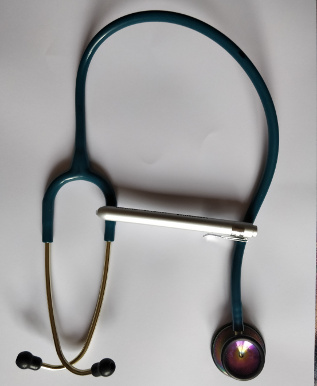According to the statistics, 1.1% of the population of the UK is on the autistic spectrum. That is probably an underestimate since a lot of people go on living their lives undiagnosed, especially women who seem to sometimes have a significantly different presentation than men. The traditional ASD characteristics which unfortunately still form the base for the current diagnosis criteria are based on the presentation of the disorder in males. This is partly understood since the disorder was first identified and studied in males by Hans Asperger himself. However, things seem to be changing now with more and more women and also men with subtle and variable ASD traits getting diagnosed. This is partly related to the increased awareness raised by organisations and activists, in order to remove the stigma, but also to new evidence brought to light by recent research. People are ‘coming out’ nowadays and ASD individuals are considered to be part of a diverse neurological whole. By the way, from now on and in order to use the correct term, I am going to call autism what it actually is: a neurological variation (people seriously need to update their definitions, books and databases).
How common is it?
But what is the prevalence in medicine? We don’t really know what the exact numbers are, although a recent study on GPs revealed that approximately 1% of them self identify as autistic. There is a firm belief that there are many autistic individuals practicing medicine, especially since some of the ASD traits are actually beneficial for the profession. As with other fields like science and engineering, medicine requires characteristics like attention to detail, logical thinking, a strong drive and perfectionism, traits that can be common among autistic individuals. The model of the predominantly (at least so far) male autistic doctor has also been depicted (although not very realistically I must admit) several times on TV (House MD, The Good Doctor etc).
Is Asperger’s a problem?
Many doctors on the spectrum are believed to practice their clinical or non-clinical specialty without any major issues. Their creative problem solving skills and their strong work ethic help balance minor communication problems and gets them through the training years. They are often successful in what they do. However, there are some that face significant difficulties which are usually not related to patient care. The myth that individuals on the spectrum lack empathy has already been debunked. Additionally, most doctors’ clinical or non-clinical work is usually task-oriented and logical, while their role is usually very well outlined. What seems to actually be the root of most problems at the workplace, is mostly the human interactions with colleagues and the clash with the hierarchical hospital structures. Social conventions and communication norms are not well understood and accepted, while wording subtlety in everyday communications can become a big challenge for the autistic doctor.
From exchanging a conversation in the hospital corridor to scrutinising email replies, these problems can be really overwhelming at times and affect the individual’s mental health. The camouflaging that autistic professionals often use in everyday interactions in order to appear normal, only adds to the deterioration of mental health. Depression, anxiety and suicidal thoughts are three of the most common mental health issues that people on the spectrum have to deal with.
A place in medicine
It has been shown that neurodiversity has contributed massively to the development of science, technology and medicine. Autistic doctors have a different way of thinking, can solve problems creatively and are usually very passionate about finding the truth (and the diagnosis). These traits make them an asset for the healthcare systems, not a nuisance. Therefore they should be treated as such by the society in its entirety, but first of all by the health structures and their workplace.
Currently, autism is covered as a disability by the UK Equality Act, which forces employers to make adjustments at the workplace in order to support autistic individuals’ needs. Unfortunately though, the NHS still requires a lot of work to be done in order to address the problem of discrimination appropriately and increase the awareness at the hospitals and health centres.
Fighting ignorance
Awareness in health professionals is essential. It will help identify the issue and address the problems coming with it. It will also provide a logical explanation for the doctor and her colleagues to why communication efforts are failing and promote understanding, compassion and patience at the workplace. Denying the issue, as many do and shamelessly giving personal opinions like: ‘we are all a little bit autistic’ are not only unhelpful practices but also harmful. We have to start by changing ourselves first by studying, researching and therefore getting rid of our ignorance. We are doctors after all.

Pingback: Autistic doctors at work - The Autistic Doctors